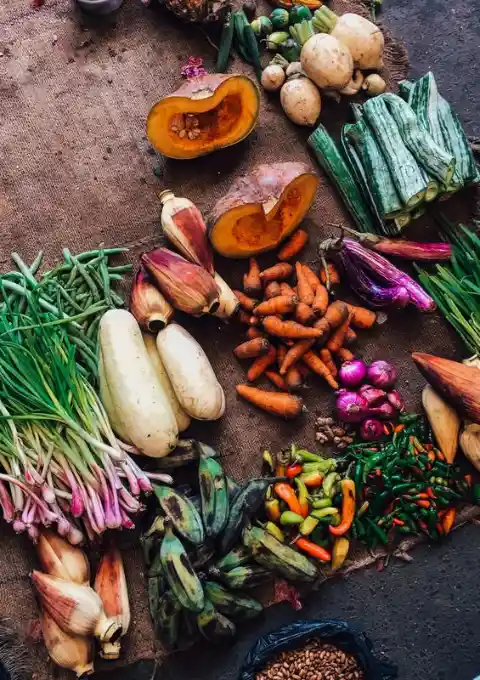When you finish your food at night, you often find that you did not finish the entire plate. Most of the time, we stop before we become ‘too’ full and regret our eating habits for the rest of the evening. However, while you might only throw out a portion of your meal, millions of households in your country are doing the same. As a species, we waste incredible sums of food regularly.


Add in commercial and medical hospitality, too, and the wastage that goes on in the food industry can be simply incredible. Think about the food you have thrown away this week alone – how many plates could you have filled with the leftovers and stuff that was deemed unkeepable?
When we get rid of food scraps, they are left to decompose and compost. This releases methane into the air, though, which is a greenhouse gas. It plays a massive role in our losing war with carbon emissions. Over time, this can even become flammable. While we can capture that flammable gas and use it as propane within the hospitality industry, it does not resolve the issues that food wastage is causing on a society-wide level.
The food scraps that we throw away can be repurposed, but that does not mean they are. Many times, these simply create methane that escapes into the air – it is not captured and reused, meaning that food waste never really benefits society.
If we were able to make repurpose food waste and turn it into gas, we could all benefit. We could all spend less on gas by producing our own. We could turn our food waste into something that is not just a waste of money and landfill space.


Yet this is not something that we can do individually. This has to be a collective change among our species – among our society. More education is needed on the ease and benefits of repurposing food scraps. There are many ways that we can do this for the betterment and benefit of us all – it just needs a community-driven effort, and for people to be shown both how easy this is and how much it could save them per year.
Incentivizing people to make positive changes becomes much easier when the facts are clear. With food scraps, we need to be more innovative. We cannot simply keep throwing away everything we do not eat. Instead, we could be re-using those scraps to help power our homes, our kitchens, and our communities.